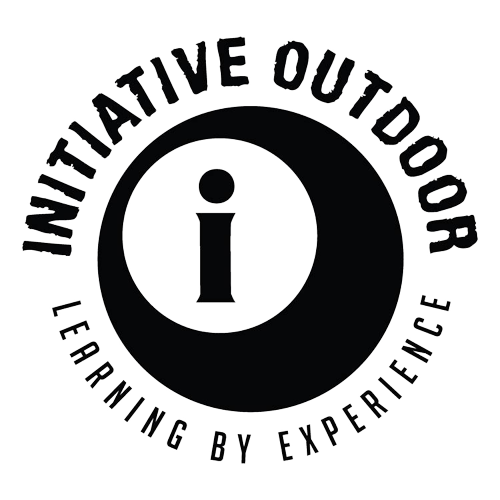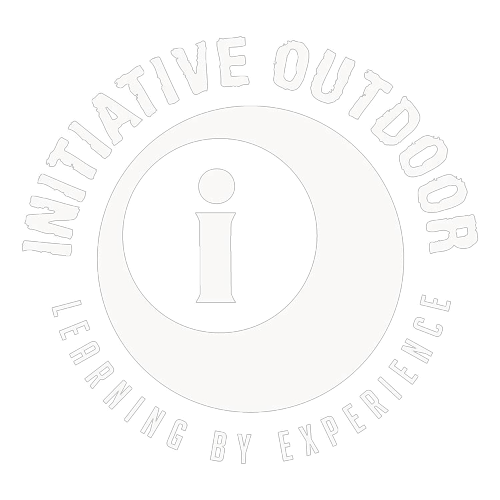ABOUT SOLO SCHOOLS

SOLO took root in the early 1970s and grew out of the vision of its founders, Dr. Frank Hubbell and Lee Frizzell (husband and wife). At that time, pre-hospital care was in its infancy, and an organized EMS system didn’t exist yet in New Hampshire. The concept of providing emergency care to the sick and injured revolved around what is today referred to as the “Golden Hour.” As injured skiers, climbers, and other groups in the White Mountains of New Hampshire were being rescued, it very quickly became apparent that the skills that rescuers had learned as “street” emergency care providers did not work in a remote environment. It was obvious that people providing care in remote environments had to learn how to use skills and techniques outside the “golden hour.” But, that information was not available—it had to be learned through experience. And Frank Hubbell had a great deal of experience, having been actively involved in search and rescue missions during college.
Frank’s frustration with the lack of an appropriate “wilderness” standard led to the creation of one of the first, if not the first, organized wilderness/remote emergency medicine courses in the world. By 1975, a basic “Mountain/Woods First Aid” course was taken on the road by Frank, and that course outline and objectives remain the foundation of SOLO’s most popular course today, Wilderness First Aid (WFA). The WFA has been adapted for specific for other courses, including: water (afloat), disaster , and crisis, expedition, missionary, and village first aid among others.
In 1976, Frank, and his wife Lee Frizzell, a trained educator, created a school in the White Mountains to develop and teach various aspects and levels of wilderness/remote/disaster medicine. They named that school SOLO, for Stonehearth Open Learning Opportunities.
For the next four decades SOLO continued to create more programs of varying lengths and intensity in both urban and wilderness medicine. Not only did the number of trainings at their center increase, but the numbers of sponsors grew to include colleges and universities, environmental agencies, outing clubs, rescue organizations, guiding groups, ski patrols, and many others. Pioneering immersion and experiential training techniques, SOLO became the leader in this type of education.
SOLO has been featured in dozens of newspaper and magazine articles as well as television programs. Many SOLO instructors regularly speak at state and national conferences.
As SOLO began to gain recognition in the emergency medical community, Frank Hubbell, previously a paramedic, went on to earn his Physician Assistant degree before entering medical school. Not only does Frank still work at SOLO teaching, helping to design curriculum, and writing for the Wilderness Medicine Newsletter and other SOLO texts, he is also the senior partner and a practicing physician in a large local medical practice. In addition, for the past 25 years Frank has been on NH’s Medical Control Board.
From 2006 into the present, SOLO has enlarged its out-of-country trainings, providing courses in Tanzania, Kenya, Zambia, Turkey, Israel, Chile, Mexico, Japan, Nepal, Jordan, Costa Rica, Indonesia, Scotland, Haiti, etc. More partnerships are being formed as programs for indigenous people have become an important focus for SOLO. Following the earthquake in Haiti, teams from SOLO made trips to that devastated nation for several months to assist in urban clinics, hospitals, and rural medical centers. A specialized set of programs under the umbrella of SOLO International has been developed to better serve the needs of people in more remote areas or disaster situations.
In country, we have once again begun offering advanced programs like Advanced EMT (AEMT), Advanced Cardiac Life Support (ACLS), Pediatric Advanced Life Support (PALS), and Pediatric Emergency Assessment Recognition and Stabilization (PEARS). Our classroom has some of the most advanced multi-media equipment available.
Four decades after the official founding of SOLO, interest in wilderness/remote/disaster medicine training is still growing. Eight, month-long WEMT courses are offered on our campus annually, along with several dozen other programs. Hundreds of other programs continue to be offered worldwide, with much of the emphasis on the disaster side of long-term care. Our campus staff now has an education department, a facilities’ staff, a registrar, and several administrators who have the responsibility of dealing with a part-time list of over 250 instructors and the more than 900 courses we run annually away from the main campus. SOLO is also a formally designated American Heart Association Training Center. But, to many students and staff, the most important aspect of their SOLO experience is the all-you-can-eat meals prepared by wonderful professionally trained chefs.
Since SOLO has been a licensed NH rescue unit for years, our staff and students volunteer on backcountry search and rescue missions in NH’s White Mountains.
From a gathering in a living room over more than 5 decades, SOLO has grown into a large, diverse organization: a leader not only in medicine, but also in education and standards as well, as evidenced by our inclusion in several national consensus-building wilderness medicine efforts, and by being typically referred to in a variety of wilderness medicine journals as one of the Big Three. From basic first aid—still the foundation of SOLO’s purpose—we now find instructors teaching around the world. To date, SOLO has trained more than 500,000 people.
SOLO Schools: A Brief History and Achievements
SOLO's PURPOSE, MISSION, and CORE VALUES
Our Purpose:
SOLO’s purpose is to empower students with lifesaving knowledge and hands-on skills through innovative, experience-driven education.
Our Mission:
SOLO’s mission is to prepare responders to act with confidence in challenging environments.
Our Core Values:
At SOLO, we are committed to helping others and promoting well-being.
At SOLO, we foster a respectful and supportive learning and work environment.
At SOLO, we strive to enhance safety, preparedness, and resilience in communities worldwide.
YOUR SOLO STORY
We would love to hear your SOLO Story!
Please share your SOLO Story and testimonial that shaped your path, whether personally or professionally. Every journey has a defining moment—an experience that shifts perspectives, reshapes paths, and opens new opportunities. We invite you to share your SOLO experience. Click on MY SOLO STORY below to review and submit.

